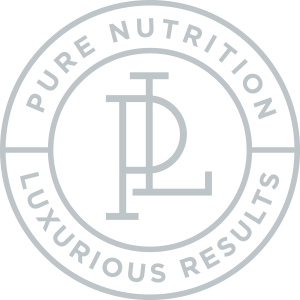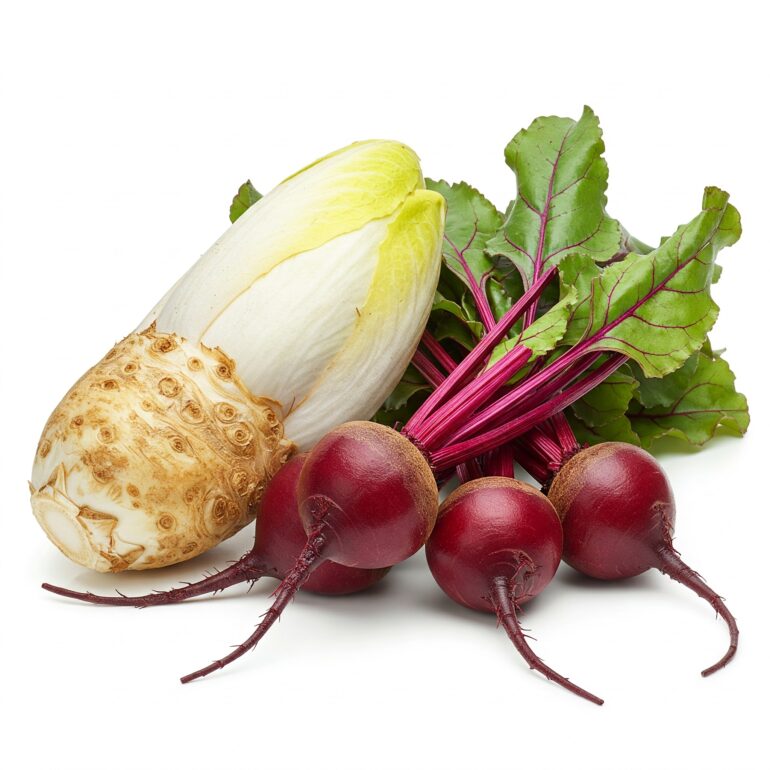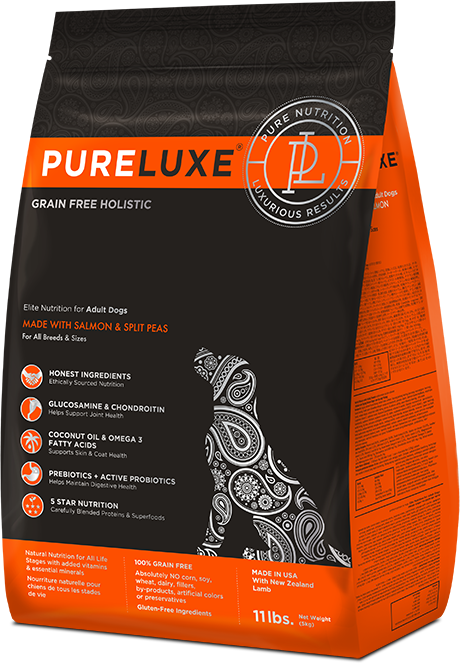For years, pet owners focused primarily on protein content and calorie
For years, pet owners focused primarily on protein content and calorie counts when choosing their furry companions’ food. But a growing understanding of the intricate connection between the gut and overall well-being is shifting priorities. Now, a new wave of dog and cat kibbles is placing gut health squarely in the spotlight, aiming to nourish not just the body, but the vital ecosystem within.
The digestive tract is far more than just a processing plant. It’s a bustling community of trillions of microorganisms – the gut microbiome – playing a crucial role in everything from nutrient absorption and immune function to even mood and behavior. An imbalanced or unhealthy gut can manifest in various issues, including digestive upset, skin problems, allergies, and a weakened immune system.
Recognizing this, innovative pet food formulations are incorporating ingredients specifically chosen to support a thriving gut microbiome. One key strategy involves the inclusion of prebiotics. These are non-digestible fibers that act as food for beneficial bacteria already residing in the gut, encouraging their growth and activity. Common prebiotics found in these specialized kibbles include ingredients like chicory root, beet pulp, and various vegetable fibers. By selectively feeding the “good” bacteria, prebiotics help create a more balanced and resilient gut environment.
Another important component is the addition of probiotics. These are live, beneficial microorganisms that are directly introduced into the digestive tract. These carefully selected strains of bacteria can help to replenish and diversify the gut microbiome, potentially aiding in digestion, reducing inflammation, and bolstering the immune system. However, the viability and effectiveness of probiotics in dry kibble can be a challenge, requiring careful formulation and packaging to ensure the live cultures survive the manufacturing process and reach the pet’s gut intact.
Beyond prebiotics and probiotics, some gut-focused kibbles are also emphasizing highly digestible protein sources and incorporating ingredients known for their gut-soothing properties. These might include things like pumpkin, ginger, or specific herbs traditionally used to support digestive health. The aim is to create a food that is not only nutritious but also gentle on the digestive system, minimizing potential irritation and promoting optimal nutrient absorption.
The benefits of a healthy gut extend far beyond simply avoiding tummy troubles. A well-balanced microbiome can lead to improved nutrient uptake, meaning pets are better able to utilize the vitamins and minerals in their food. A strong gut lining acts as a barrier against harmful pathogens, contributing to a more robust immune system and potentially reducing susceptibility to illness. Furthermore, emerging research suggests a link between gut health and even mental well-being, with a balanced microbiome potentially contributing to a calmer and happier disposition.
While these gut-focused kibbles offer promising benefits, it’s crucial for pet owners to remember that every animal is an individual. What works wonders for one dog or cat might not be ideal for another. Factors like age, breed, activity level, and any pre-existing health conditions can influence a pet’s dietary needs.
Therefore, transitioning to a new food, especially one focused on gut health, should be done gradually to avoid digestive upset. Observing your pet for any changes in their stool, energy levels, and overall well-being is essential. Consulting with a veterinarian is always recommended, particularly if your pet has existing digestive issues or sensitivities. They can provide personalized advice and help you choose the best diet to support your furry friend’s individual needs and promote a happy, healthy gut – the foundation for a happy, healthy life.




















